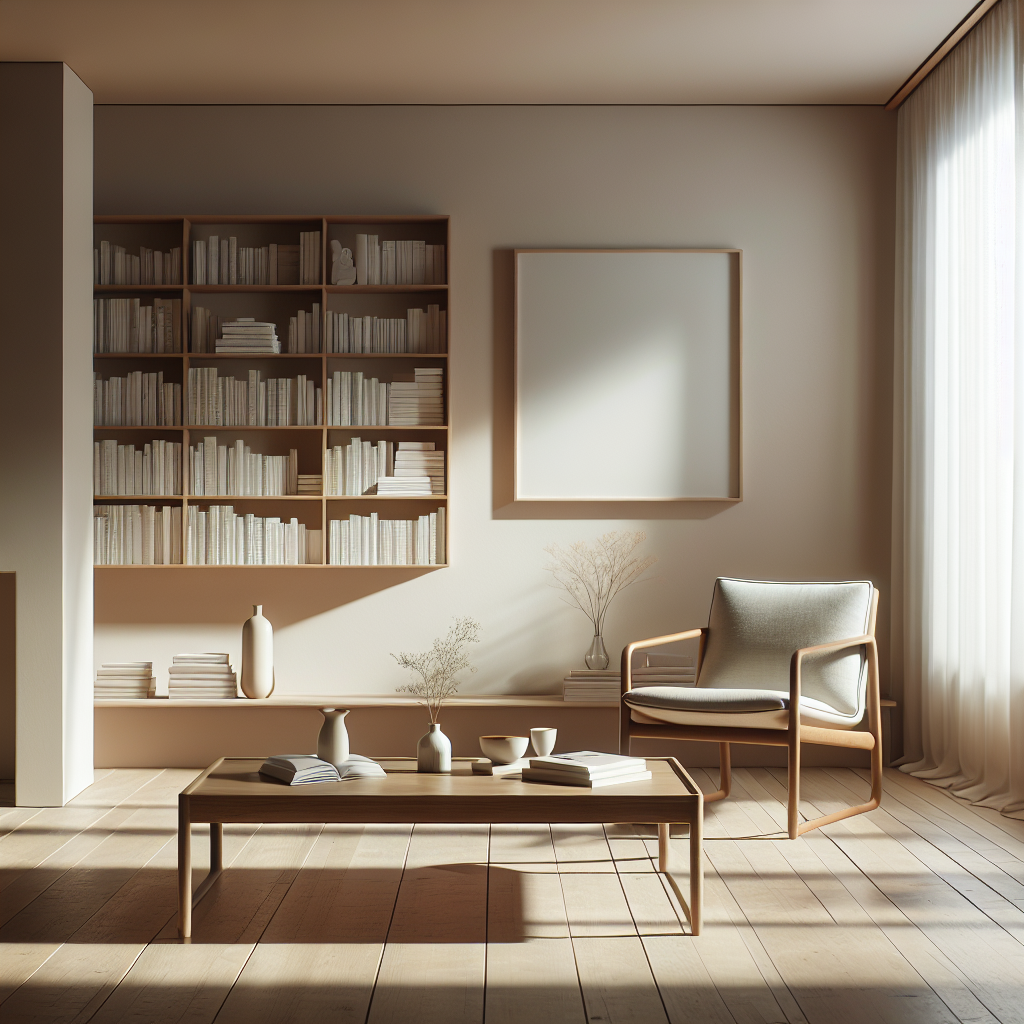The Psychology Behind Decluttering and Minimalism
In recent years, the trend of decluttering and embracing minimalism has taken root in various facets of modern life, from home organization to digital detoxes. But what drives this shift towards less? The psychology behind decluttering and minimalism reveals a quest for not only physical tidiness but also mental clarity and emotional well-being.
Understanding the Psychological Appeal
The principles of minimalism and decluttering are not merely aesthetic or functional but are deeply psychological. According to psychologists, the act of decluttering can create a sense of control and accomplishment which boosts mood and self-esteem. A study by the Personality and Social Psychology Bulletin found that individuals with cluttered homes experienced higher levels of cortisol, suggesting that disorganized spaces could contribute to daily stress. Conversely, minimalistic environments are associated with peace and order.
The Impact on Mental Health
The mental health benefits of a minimalist lifestyle are significant. By reducing possessions and consequently, the distractions in one’s environment, individuals often report increased focus and decreased anxiety. This is supported by research from the University of Massachusetts, which indicates that physical clutter undermines one’s ability to focus and process information. Furthermore, the intentional limitation of consumerism, a key component of minimalism, can lead to a deeper appreciation for what one already possesses, fostering a sense of gratitude and contentment.
Minimalism as a Lifestyle Choice
Adopting minimalism goes beyond decluttering physical spaces; it is a lifestyle choice that influences various aspects of life including spending habits, environmental impact, and interpersonal relationships. By focusing on quality over quantity, minimalists often experience a reduction in compulsive buying behaviors, which can lead to better financial health and a smaller ecological footprint.
Barriers to Minimalism
Despite its benefits, transitioning to a minimalist lifestyle can be challenging. The sentimental value attached to personal belongings can make decluttering a psychologically daunting task. Moreover, consumer culture often equates possessions with success, creating societal barriers to minimalism. Overcoming these requires a shift in mindset from ‘having more’ to ‘being more.’
The psychology behind decluttering and minimalism is a testament to the profound impact that our environment has on our mental state. As society continues to grapple with the stressors of modern life, the minimalist philosophy offers a path to not just a tidier home, but a clearer mind and a fuller life.
Final Thoughts
Embracing minimalism isn’t just about having fewer things; it’s about making room for more of what truly matters. As we declutter our spaces, we also declutter our minds, proving that sometimes, less really is more. This lifestyle shift is not just a trend but a sustainable approach to living that more people are finding valuable.


